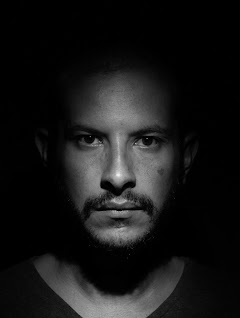Beat
I usually cover social, environmental and political issues.
One Shot

“During the first blackout of the year people went home early and stocked up on food, medicine and water. But the blackouts continued and people started seeing them as something normal. In this picture, people were counting beer bottles in a bar in Caracas. This is the normalisation of tragedy.”
Profile
When I was five years old I took a picture of my father carrying my little brother - an out of focus but well framed picture. At the time, I never thought that I would grow up to become a photographer.
In 2006, I started using my mother’s point and shoot digital camera. I took a couple of workshops with a documentary photographer and then began to work as an assistant to the photojournalist Meridith Kohut. Meridith taught me that the meaning of photojournalism comes from the people in the images, not the person behind the camera.
In 2015, I photographed Afghan refugees in Athens. Over the course of a week, I spent days and nights with Afghan families, learning about their struggles and desperation. I had the honour of meeting Daniel, a three-year-old boy who lived in the improvised refugee camp in Areos Park. I tried to bring him candy and play with him every day. One day, he made a peace sign when I was taking a portrait of him. When I saw his hands I cried, they were rough and injured, more like an adult’s hands than those of a child. It brought home to me what a tough life he had had. I wish him a safe and happy future wherever he is now.
People can be so busy with their own problems, that they sometimes forget how others are living, suffering or enjoying. Photojournalism has the potential to capture moments which people around the world can see and be moved by, and if the photos are good enough, encourage them to make changes.
I don’t think about specific audiences when I take pictures. I always think that if we are truly immersed within our subjects’ stories, pictures can touch people’s souls, regardless of who they are.
The biggest lesson I’ve learnt is to respect the lives of the people I photograph. They deserve respect and commitment from us as journalists because they have opened up their lives to us.
I would advise a photographer starting out to wear comfortable shoes because you are going to walk a lot. Do not be afraid of asking questions regardless of the subject. Read philosophy and history and then travel the world to tell the stories you want to tell.
During the rise of photography, people said painting was dead, but there are still paintings in museums and galleries. I’m sure photojournalism will survive the test of time.
Behind the Scenes

